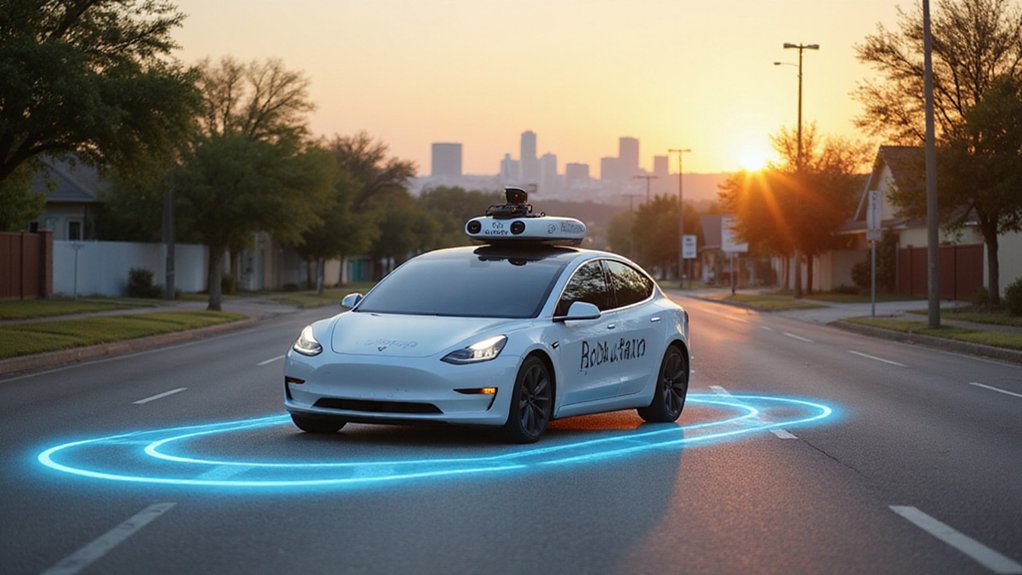While AI chatbots pump out answers left and right, most users aren’t bothering to check where the information actually comes from. That’s the uncomfortable truth emerging from recent data about how people interact with AI-generated content. Users are basically taking whatever these bots spit out as gospel, clicking on source links about as often as teenagers clean their rooms voluntarily.
The numbers paint a pretty grim picture. When AI platforms provide citation links alongside their responses, engagement rates remain embarrassingly low. People just don’t click. They read the AI’s answer, nod their heads, and move on with their lives. Meanwhile, the actual publishers who created that content watch their traffic evaporate like morning dew.
Here’s where it gets worse. These AI tools frequently cite the wrong sources or misattribute content entirely. One study found that 115 out of 200 excerpts were credited to completely incorrect sources. That’s more than half. And users? They’re none the wiser because they never bothered checking in the first place. Making matters worse, these AI models are built on training data that includes non-consented information scraped from websites without user permission.
The trust factor makes this whole mess even stickier. When an AI response appears to cite The New York Times or CNN, users automatically assume it must be legit. Never mind that the bot might be completely making things up. That trusted brand name acts like a truth stamp, even when the citation is bogus. This blind faith is especially concerning given that 54% can distinguish between human and AI-generated content, meaning nearly half of users can’t tell the difference.
Publishers are getting screwed from multiple angles here. Not only are they losing direct traffic and ad revenue, but their reputations take a hit when AI systems repeatedly bungle citations. Some outlets try to block AI from using their content, but these bots still manage to reference their material anyway. The lack of adequate protection reflects the fragmented regulation of generative AI across different countries and regions.
The convenience factor drives much of this behavior. Why click through to read a full article when the AI already gave you the answer? User interfaces often bury citation links, making them easy to ignore. Combined with people’s general laziness about verifying information, we’ve created a perfect storm of blind trust.
This isn’t just about lost revenue or bruised publisher egos. When people stop checking sources, misinformation spreads faster than a California wildfire.
References
- https://techhq.com/2025/01/ethical-ai-clean-data-for-marketer-respect-user-privacy/
- https://www.nu.edu/blog/ai-statistics-trends/
- https://www.cjr.org/tow_center/we-compared-eight-ai-search-engines-theyre-all-bad-at-citing-news.php
- https://www.zendesk.com/blog/ai-customer-service-statistics/
- https://www.theregister.com/2025/05/27/opinion_column_ai_model_collapse/









